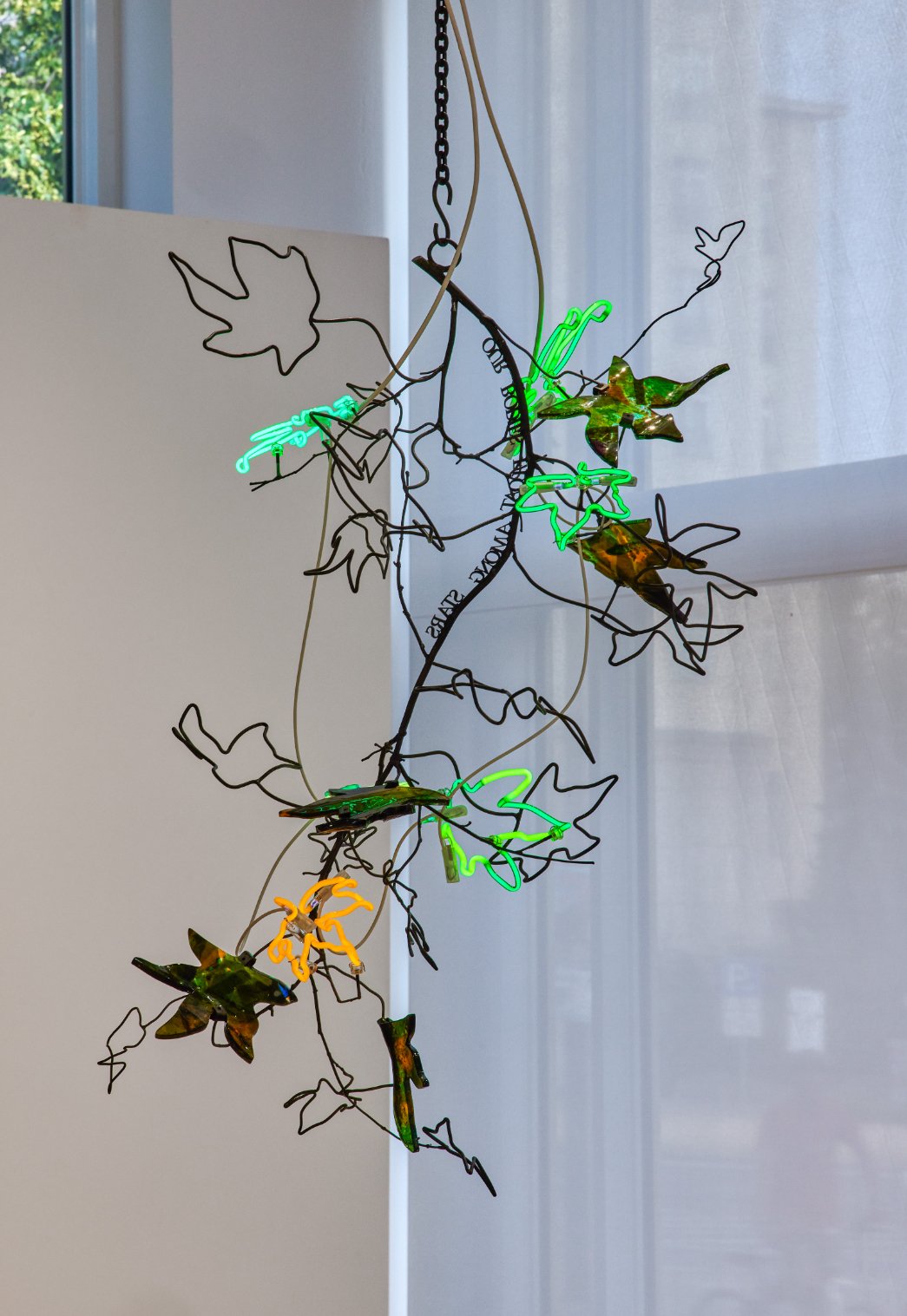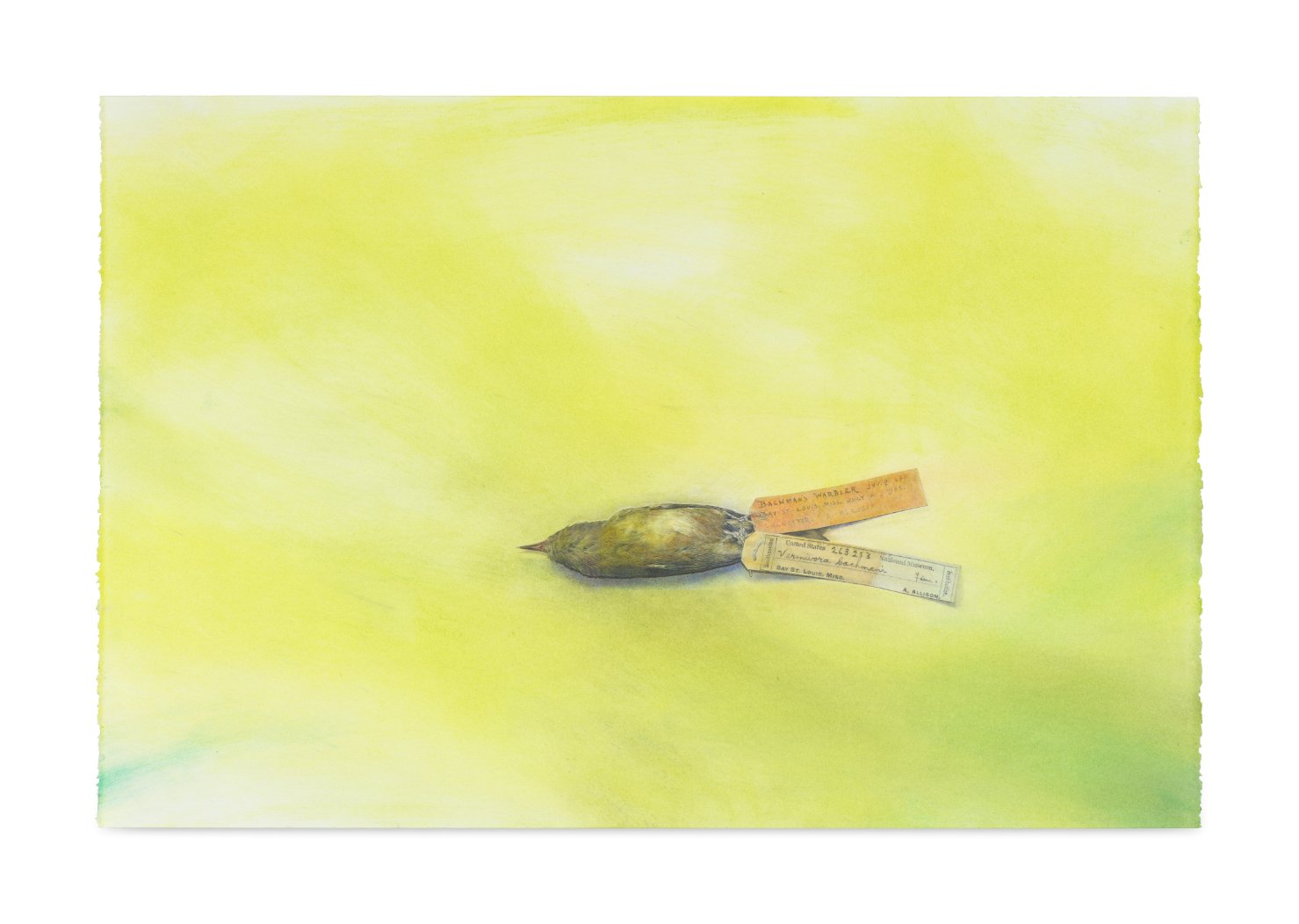Rüdiger Trautsch not only carved a space for the documentation of Queerness, but also captured the beauty and artistry in his community’s everyday life: radical acts, during his career and still today, as Queer reality and history face continuing (but impossible) threats of erasement. His work includes photographs of the first gay protest marches in Münster and West Berlin in the 1970s up to the last Folsom events before Corona in Berlin. In between are celebrity shots of Warhol and Mapplethorpe, images of the legendary Hamburg house club Front, shots of bear parties, and his drag and couples series. Trautsch’s pictures move between documentation and art. They are indispensable visual material for queer historiography in Germany, but his work also offers moving individual shots that reflect a very special relationship to his subject. Photography as a Way of Life presents an overview of the five decades of Trautsch’s work, focusing on one motif: for photographer Rüdiger Trautsch, the camera was a means of making contact with people rather than just a device. In Rüdiger Trautsch’s life, photography became not only a cultural practice, but also a social one: taking pictures to make friends.
Photography as a Way of Life is on view through September 23rd at the Schwules Museum, Lützowstraße 73, 10785 Berlin









